5 Essential BERNARDO BERTOLUCCI Films You Need To Know
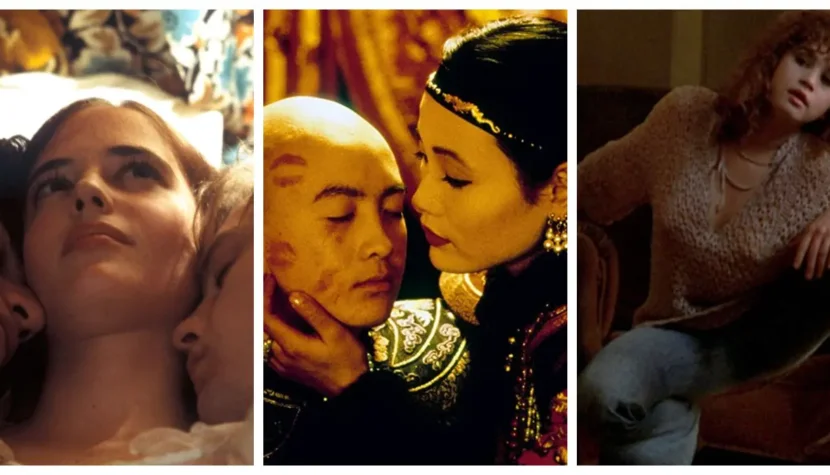
Bernardo Bertolucci was also one of the most controversial filmmakers, mainly due to the ever-present nudity and erotica in his films, which he utilized with remarkable freedom. However, the Italian director was not afraid to tackle sensitive topics, address important themes, and immerse himself in unfathomable worlds. It is unfortunate that in the final years of Bertolucci’s life, this legacy was overshadowed by scandals dredged up from the sets of his earlier films. Since his debut in 1962, he ultimately directed sixteen films (plus two segments in anthology productions). Each of them possesses a unique kind of class. Below is a selection of five of his most significant works, which are worth exploring first.
Last Tango in Paris (1972)
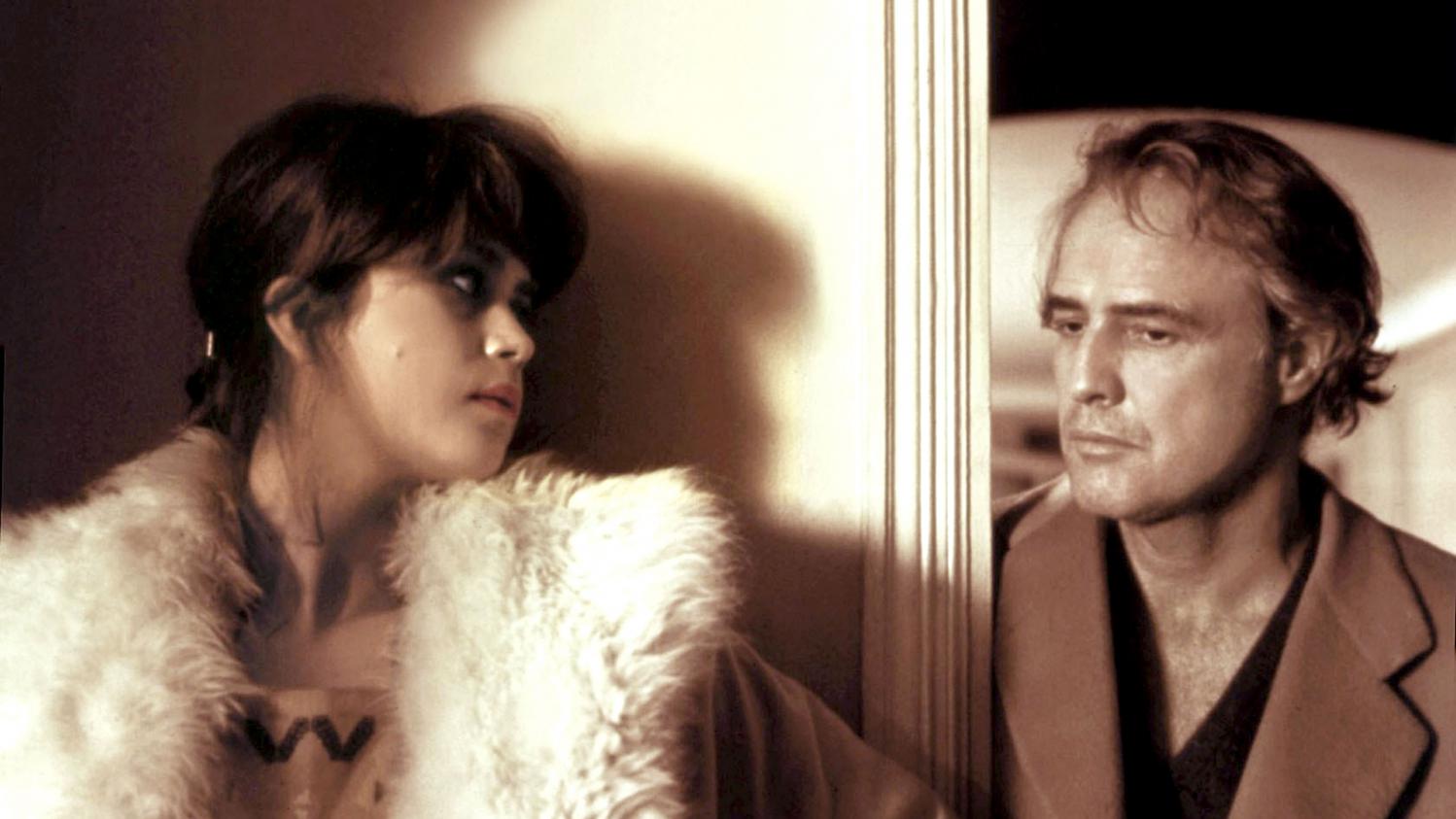
The most unruly work of the director – one of those films that are incredibly challenging to discuss without delving into details. This film contributed significantly to the public vilification of Bertolucci’s name during the #MeToo movement. It tells the story of an aging American man (played by an aging Marlon Brando) who, shortly after his wife’s suicide, meets a young Frenchwoman (a young Maria Schneider) and engages in sexual escapades with her, seemingly devoid of emotional involvement.
Created at a time when people were less averse to such themes, the film, despite its controversial plot and overt sexuality, received two Oscar nominations, a Golden Globe nomination, and even a Grammy award for its music. Widely regarded as one of Bertolucci’s best endeavors (Roger Ebert dedicated three reviews to it), it is undoubtedly one of his most aesthetically refined works. For those unperturbed by nudity or explicit language, this title is worth exploring – if only to understand what caused all the commotion.
1900 (Novecento, 1976)
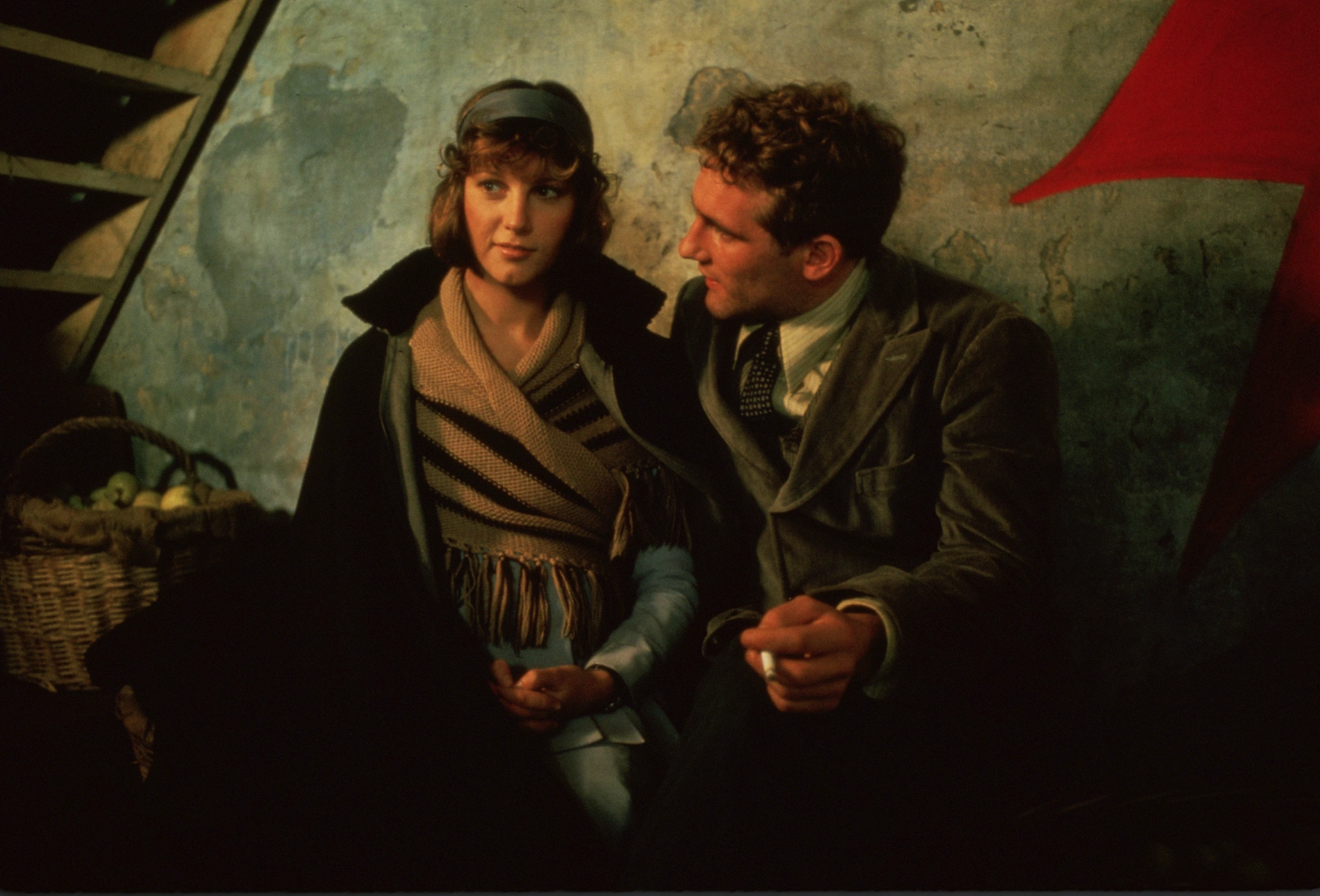
An exceptionally ambitious project – a historical fresco over five hours long (!!) that impresses not only with its duration but also with its cast (Robert De Niro, Gérard Depardieu, Sterling Hayden, Donald Sutherland, Burt Lancaster). Beautifully shot and accompanied by music by Ennio Morricone, it recounts the early 20th century in sunny Italy. From the perspective of two growing boys – the sons of a peasant and an aristocrat – Bertolucci illustrates the rise of fascism and the development of socialism.
In a way, this film is similar to the later Once Upon a Time in America, where we also see Robert De Niro looking back on his life. However, it is less cohesive than Sergio Leone’s masterpiece. While it is not boring, it is uneven and leaves a slight sense of dissatisfaction, as if the director was more interested in staging individual events than exploring their consequences. This inconsistency is not helped by the film’s runtime (although shorter, alternative versions exist). Nonetheless, it is a highly underrated work from this filmmaker, far from being considered a “masterpiece,” but unique and impressive in many respects, warranting attention for its remarkable craftsmanship.
The Last Emperor (1987)
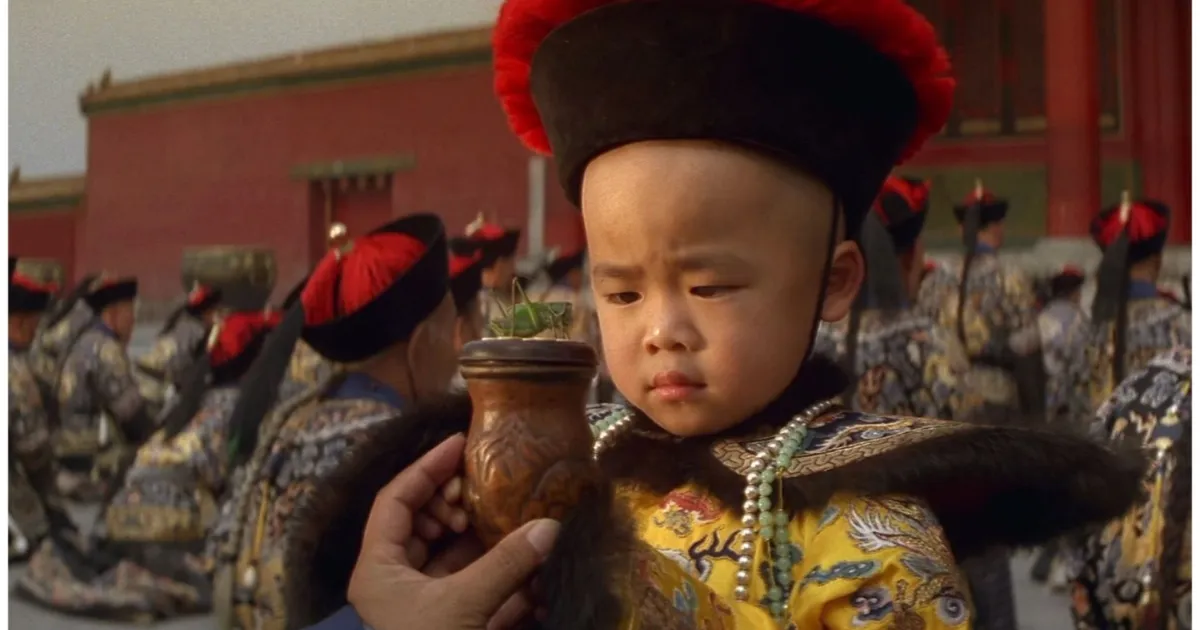
An epic, colorful, yet sorrowful tale set in China’s Forbidden City, which seems to reveal its ancient secrets to us this one time. The film recounts the life of the titular last emperor of this Asian power – the young Puyi, who, seated on the throne at the age of three, is little more than a puppet, an attempt to uphold the symbol of crumbling traditions. Once again, we delve into 20th-century history, spanning several decades. However, this time, the story is steeped in the opulence and splendor of Oriental culture, amidst locations where a true tragedy unfolds – both personal and national.
Created with extraordinary meticulousness, The Last Emperor is perhaps Bertolucci’s most famous film, earning him two of the nine Oscars awarded to the production. Visually, it is a masterpiece (cinematography by Vittorio Storaro, whose talent Bertolucci helped elevate), featuring an outstanding cast. The film captivates with its spectacle of colors, moves with its poignant narrative, and intrigues with a truly regal drama. Without a doubt, it is one of those films that come along once a decade or less, making it a must-watch for any cinephile.
The Sheltering Sky (1990)
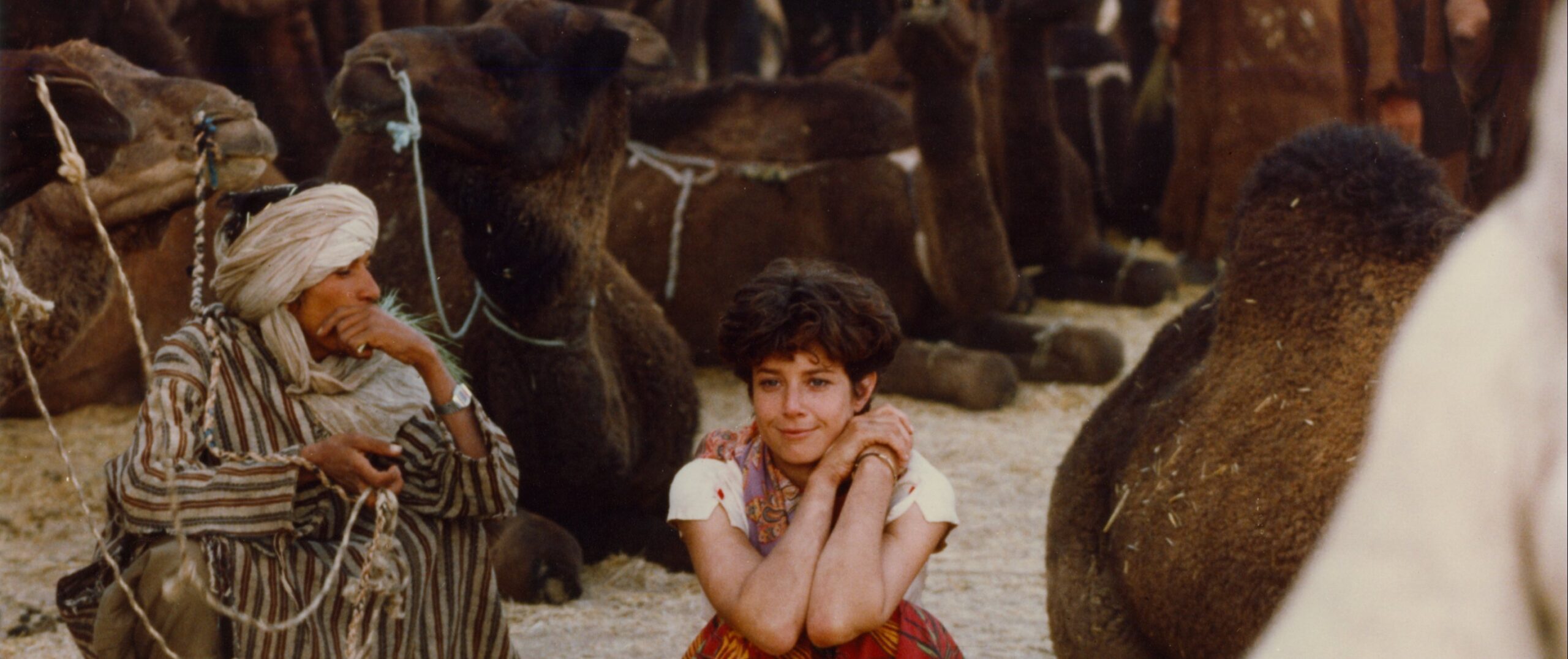
A peculiar film – a drama or what could be called a romantic reverie, in which an American couple with artistic souls (Debra Winger and John Malkovich) tries to revive their stagnant marriage by embarking on a journey through North Africa. Today, they would likely be quickly shot or taken hostage, but in the context of the 1940s, they face far fewer external dangers, most of which they bring upon themselves.
This is one of Bertolucci’s less engaging narrative works, abandoning traditional storytelling in favor of an unforgettable atmosphere, symbolism, and a contemplative rhythm. It is a film that relies on feeling, carried mainly by its deeply spiritual, warm, and mysterious ambiance and the beauty of exotic landscapes, adding layers of meaning to this inward journey. Its evocative aura, complemented by Bertolucci’s trademark impeccable audiovisual execution (a Golden Globe for Ryūichi Sakamoto’s score), clearly takes precedence over plot. In this unique nature, one may find themselves enchanted. It is a challenging but beautiful and multi-faceted work, an exquisite summary of a certain stage in Bertolucci’s career.
Stealing Beauty (1996)
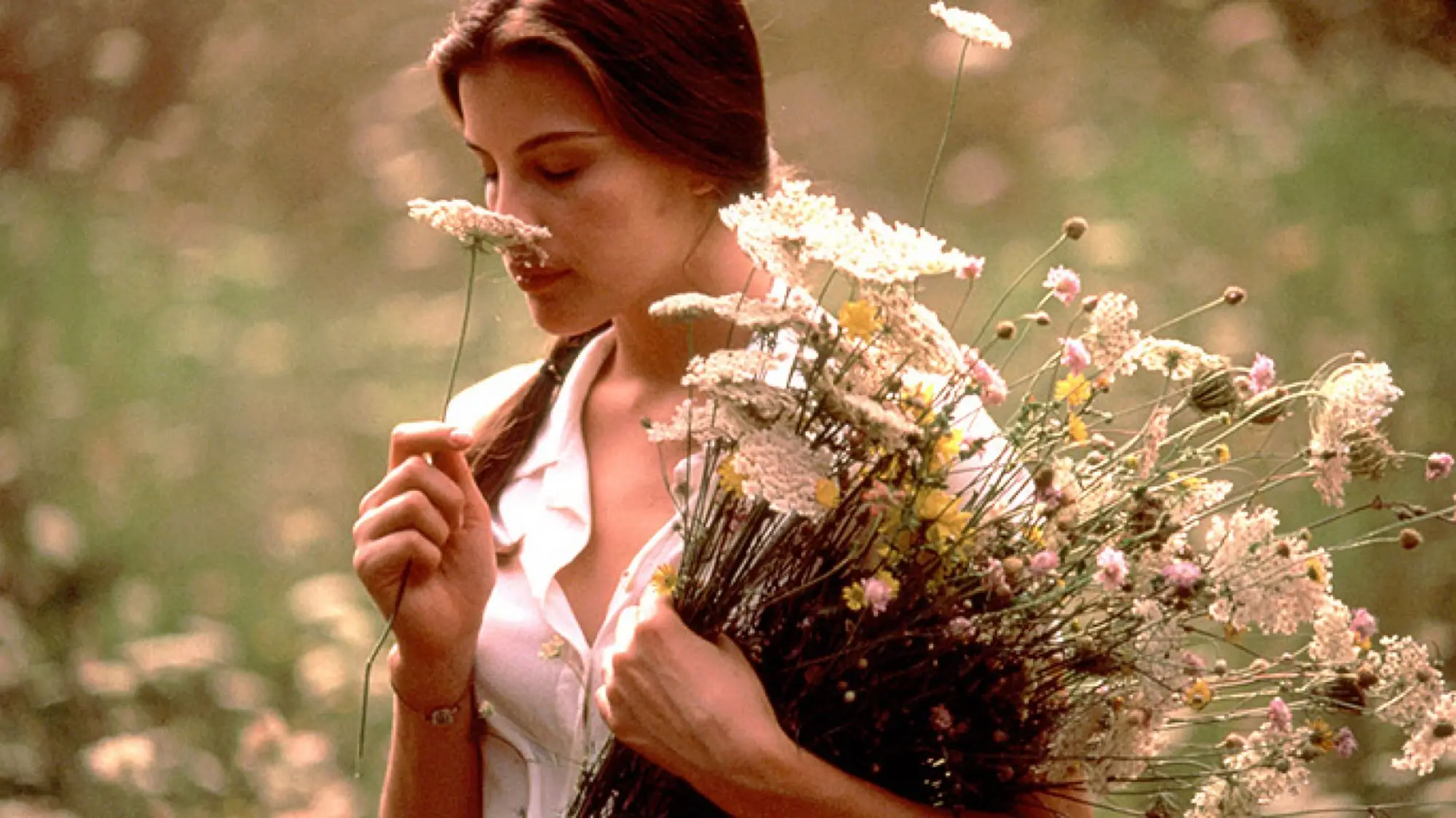
A modern coming-of-age story. After the tragic death of her mother, a teenage Lucy (the alluring Liv Tyler) travels to Italy in search of solace, herself, and love (nothing to omit – all are essential). Along the way, she uncovers secrets from the past and becomes a woman. That’s both the plot’s simplicity and its profundity. Bertolucci, in an apolitical context, created an undeniably sensual film where emotions dominate the intrigue.
Stealing Beauty has earned a reputation as one of the most erotic films, with sex permeating every frame. However, the director refrains from being overly explicit, presenting love scenes with taste. The idyllic, virgin-like atmosphere of southern Europe and the perfectly matched rock music soundtrack contribute to a less ambitious but deeply memorable experience, which has even gained a cult following. It is also worth noting that this is one of Bertolucci’s last – and arguably last successful – films. Later, he would revisit a similar mood in The Dreamers, which is also highly recommended.

